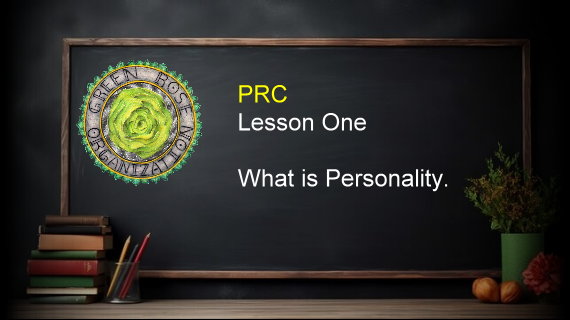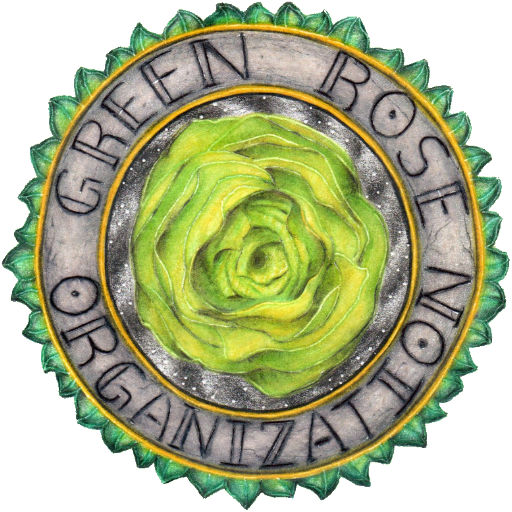
WHAT IS PERSONALITY
PERSONALITY ACCORDING TO ANCIENT CULTURES & EARLY CIVILIZATIONS
Philosophical Traditions: Ancient philosophers often linked personality to the soul, moral character, and human virtues. For example, in Aristotelian thought, personality was tied to the cultivation of virtues (like courage, temperance, and justice) and living in alignment with one’s purpose, or telos. Character (ethos) was central, shaping how individuals responded to life’s challenges and acted within society. In Hindu philosophy, concepts like the gunas (Sattva, Rajas, Tamas) described innate qualities or tendencies that influence personality. These are seen as dynamic forces shaping behavior and outlook. Similarly, Plato in The Republic conceptualized three parts of the soul—reason, spirit, and appetite—as the drivers of human personality, with a harmonious balance leading to the ideal character. Medical Traditions: The Hippocratic-Galenic theory of temperaments categorized personality into four types: sanguine, choleric, melancholic, and phlegmatic. These were thought to arise from the balance of bodily humors (blood, yellow bile, black bile, and phlegm). While not scientifically accurate, this typology influenced personality studies for centuries.
MODERN SCIENTIFIC PERSPECTIVES ON PERSONALITY
Psychological Approaches: Trait Theories: Contemporary psychology often views personality as a collection of traits, stable over time. The Big Five Model is a dominant framework, categorizing traits into: 1.) Openness 2.) Conscientiousness 3.) Extraversion 4.) Agreeableness, and 5.) Neuroticism (OCEAN). These traits are measured to predict behavior, relationships, and decision-making. Psychoanalytic Theory: Sigmund Freud described personality in terms of the dynamic interplay between the id, ego, and superego. Theories stemming from Freud, like those of Jung, emphasized unconscious processes and archetypes. Humanistic Psychology: Carl Rogers and Abraham Maslow highlighted the role of self-actualization and personal growth, focusing on how personality develops through lived experience, autonomy, and the pursuit of meaning. Biological and Neuroscientific Insights: Advances in neuroscience and genetics reveal that personality traits are partly heritable, with brain structures and neurotransmitter systems influencing traits like impulsivity or sociability. Hormones like dopamine and serotonin play a role in shaping personality features, such as reward-seeking or emotional resilience. Cultural and Social Perspectives: Modern research also considers cultural influences on personality. For instance, collectivist cultures may emphasize traits like agreeableness and humility, while individualist cultures often value extraversion and autonomy. In essence, ancient thinkers laid the foundation by linking personality to ethical living, balance, and intrinsic qualities, while modern science delves into measurable traits, biological underpinnings, and cultural contexts. This blend of wisdom underscores the profound complexity of human identity.
ELEMENTS OF A WHOLESOME PERSONALITY
A good personality is often seen as a blend of traits and behaviors that make someone approachable, engaging, and effective in building positive relationships. Here are key elements that contribute to a well-rounded, appealing personality: Positivity, or having an optimistic outlook and spreading good energy. Essentially being able to uplift others and maintain composure in tough situations. Confidence, or believing in yourself without crossing into arrogance. Essentially exuding self-assurance that makes others feel secure around you. Adaptability, or being flexible and open to change or new experiences. Essentially thriving in diverse situations and handling challenges gracefully. Humor, or displaying a good sense of humor that brings joy to others. Essentially knowing how to laugh at yourself and not take everything too seriously. Communication Skills, or having the ability to express ideas clearly and listen actively. Essentially being approachable, open, and respectful in all forms of interaction. Curiosity, or showing a genuine interest in learning and exploring new things. Essentially being enthusiastic and open-minded about different perspectives. Charisma, or possessing a magnetic presence that draws people toward you. Essentially balancing charm with sincerity to create meaningful connections. These elements can vary depending on cultural and personal preferences, but together, they form a personality that is appealing, well-balanced, and impactful.

